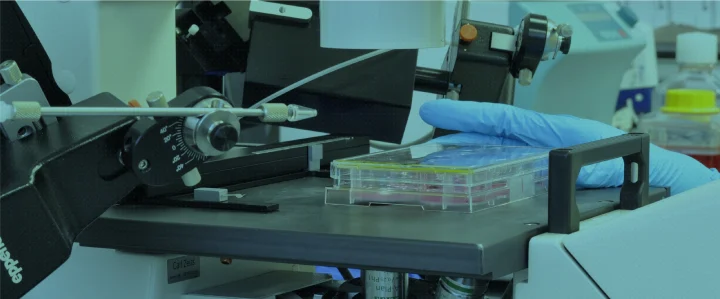Newcells Biotech and Takeda Pharmaceutical International Co. have collaborated in a study designed to assess drug safety. The study evaluated a set of 36 known drugs and 9 of Takeda’s internal candidate compounds using Newcells’ flagship product, aProximate™, the most advanced high-throughput in vitro human kidney model. This near-physiological model complements existing in vivo models in improving the prediction of drug safety profiles.Approximately nine out of ten drugs fail during drug development, often due to drug-induced organ injury, which remains undetected during pre-clinical development. This is particularly the case for drug-induced kidney injury (DIKI), as existing animal models show high specificity but low sensitivity for renal safety profiles. Therefore, additional in vitro studies for renal safety are required to avoid the risk of drug attrition. The collaboration between Newcells and Takeda was initiated with the aim of validating a human in vitro kidney model aimed to improve the prediction of renal safety during pre-clinical development.Expression of renal transporters and detection of kidney-specific biomarkers of injury are the two main requirements a humanised in vitro kidney model should fulfil to predict renal safety more accurately. Firstly, the expression of transporters in the kidney is crucial for drug handling, especially those present on the proximal tubule epithelial cells (PTCs). These renal transporters play a key role in modulating how drugs are excreted and re-absorbed in a balanced process. When this process is disrupted, drugs accumulate within the PTCs, leading to toxicity. Secondly, kidney injury is classically detected using serum biomarkers such as serum creatinine; thus, regulatory agencies such as the FDA have pushed for the identification of kidney-specific biomarkers to be used instead. As a result, there is a need to validate new translatable biomarkers for in vitro studies. Taken together, these aspects emphasise the need for humanised in vitro models that closely recapitulate the physiology of native kidneys, expressing the relevant renal transporters and allowing detection of kidney-specific biomarkers in response to injury to improve the prediction of drug safety profiles.aProximate™ is the most advanced near-physiological human kidney proximal tubule model for drug transport and drug safety studies. This validated PTC model expresses all the renal transporters critical for drug handling (including major transporters OAT1, OAT3, OCT2 and MATE and endocytic receptors Megalin and Cubulin) and allows detection of FDA qualified kidney-specific biomarkers in response to injury such as KIM-1, NGAL and Clusterin. The study conducted in collaboration with Takeda has validated that Newcells’ flagship product is a reliable tool to assess tubular toxicity and evaluate renal drug safety during drug discovery. It also shows the feasibility of using the aProximate™ to measure FDA qualified kidney-specific translational biomarkers for the assessment of proximal tubule injury and tubular toxicity.Newcells Biotech offers a high quality and reliable service for the evaluation of customer compounds carried out by our experienced scientists. We develop and complete study protocols in our laboratories in the UK, working closely with our customers to define a tailored study design that best delivers the data that they require.Read the paper published in Toxicology here.
Interested in our aProximate™ kidney model?
For further details, watch our webinar “Reducing compound attrition by predicting renal tubular toxicity with in vitro PTEC models” here.
Join our mailing list to stay up to date with the latest publications of our scientists.




